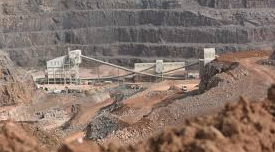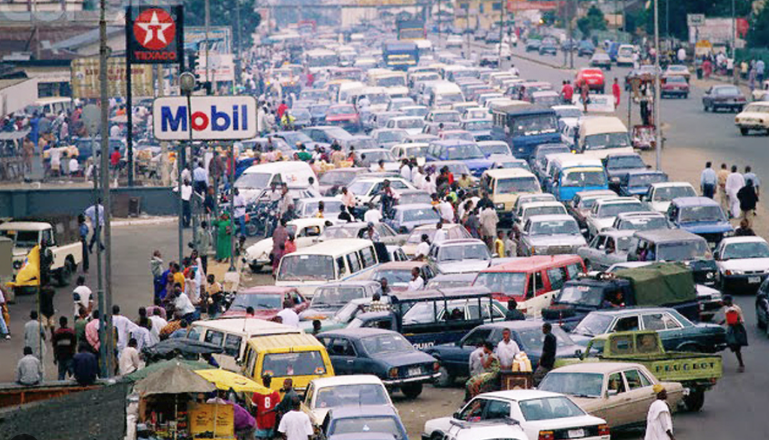Nigeria has long teetered on the edge of economic prosperity and fiscal strain, deeply influenced by its prolific oil reserves. A pivot point in this intricate dance is the much-anticipated Dangote Refinery, poised to be a game-changer. Built by Africa’s richest man, Aliko Dangote, this facility promises not only to transform Nigeria’s oil industry but also to drastically influence the nation’s contentious subsidy politics.
The Genesis of a Game-Changer
The Dangote Refinery, with its eye-popping $15 billion price tag, is set to become Africa’s largest oil refinery upon its completion. Located in the Lekki Free Trade Zone, Lagos State, it has the capacity to process 650,000 barrels per day (bpd). Until now, Nigeria has paradoxically been both a leading oil producer and yet a major importer of refined petroleum products, largely due to the underperformance of its domestic refineries. Enter Dangote Refinery: a colossal project that brings with it hopes, expectations, and an assortment of political ramifications.
Subsidy Dynamics
To grasp the potential impact of the Dangote Refinery, one must first understand Nigeria’s subsidy regime. For years, the Nigerian government has subsidized petroleum products, making fuel accessible to its citizens at artificially low prices. Though well-intentioned, these subsidies have drained the national treasury, leading to calls for reform from various sectors.

The Quagmire of Subsidies
The subsidy system has entrenched itself as a complex, multi-headed hydra:
- Economic Drain: Subsidies have bled the country dry, with billions of dollars redirected annually from much-needed infrastructural development.
- Corruption: The subsidy mechanism has frequently been manipulated by unscrupulous individuals and entities.
- Unsustainability: As global oil prices fluctuate, maintaining this subsidy is becoming ever more impractical.
With these issues perennially haunting the Nigerian economy, the efficacy of the Dangote Refinery could radically alter this entrenched quagmire.
Why Dangote Refinery is a Game-Changer
The entry of the Dangote Refinery into Nigeria’s oil landscape could yield profound transformations:
- Self-Sufficiency: By slashing the nation’s dependence on imported refined petroleum products, Nigeria could inch closer to energy self-sufficiency.
- Reduced Fiscal Pressure: The subsidy burden on the government’s coffers would necessarily lighten.
- Economic Growth: The refinery is expected to generate significant employment opportunities and stimulate value chains within the economy.
Imagine, then, if you will, a Nigeria less beholden to foreign refined oil, and what that would mean for its subsidy politics.
Potential Political Ramifications
While the economic benefits are substantial, the political landscape could also shift dramatically. Here’s how:
- Decrease in Fuel Import Dependence: As the Dangote Refinery meets domestic demand, the political argument for subsidies based on import reliance loses its force.
- Reduction of Corruption Opportunities: A localized production chain leaves fewer crannies for corrupt practices, weakening entrenched lobbies.
- Shifts in Power Dynamics: With reduced reliance on subsidies, politicians could redirect their focus toward more sustainable development policies.

Challenges Ahead
Of course, it’s not all smooth sailing. The success of the Dangote Refinery is contingent on several factors:
- Operational Efficiency: The refinery must maintain high operational standards to displace imports effectively.
- Policy Support: Government policies need to align with market realities to ensure a smooth transition.
- Regional Stability: Political instability could create significant risks, impacting operational efficacy and investor confidence.
The Light at the End of the Tunnel
Despite these challenges, the potential upsides are too significant to ignore. A fully functional Dangote Refinery could catalyze an epochal change in Nigeria’s oil industry and subsidy politics.
As Nigeria continues to map its economic future, the Dangote Refinery stands as a towering beacon of what’s possible. It symbolizes not just a leap in infrastructural capability, but a monumental stride toward economic self-reliance. In a country that has been perennially haunted by its subsidy conundrum, this refinery appears to be a veritable knight in shining armor.
With a combination of visionary industrialism and pragmatic policymaking, Nigeria stands on the cusp of a transformative era. This refinery, against the backdrop of a colorful and complex subsidy history, offers a glimmer of hope and a promise of a more prosperous future for all Nigerians.